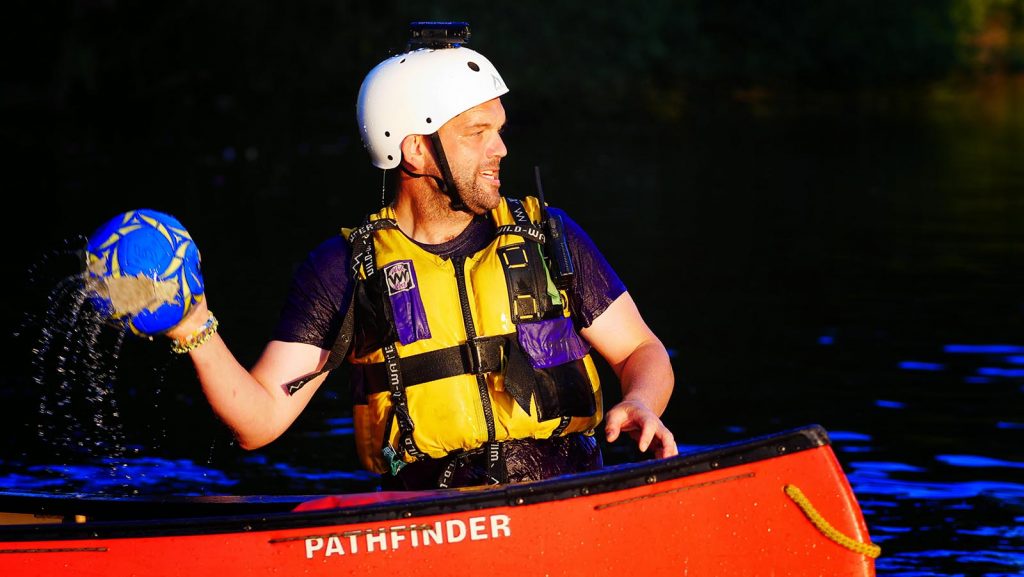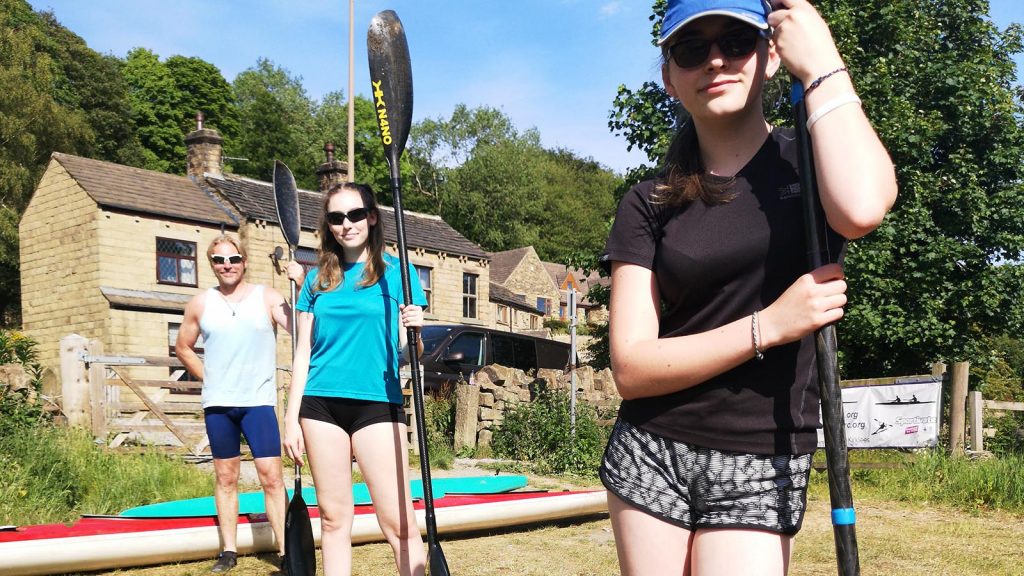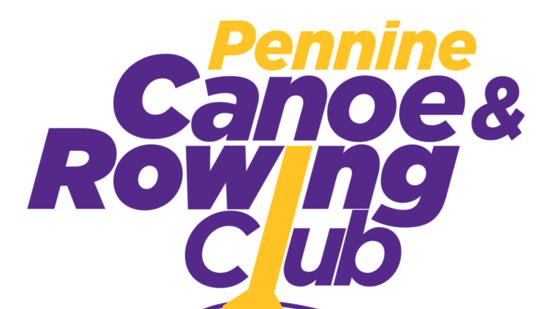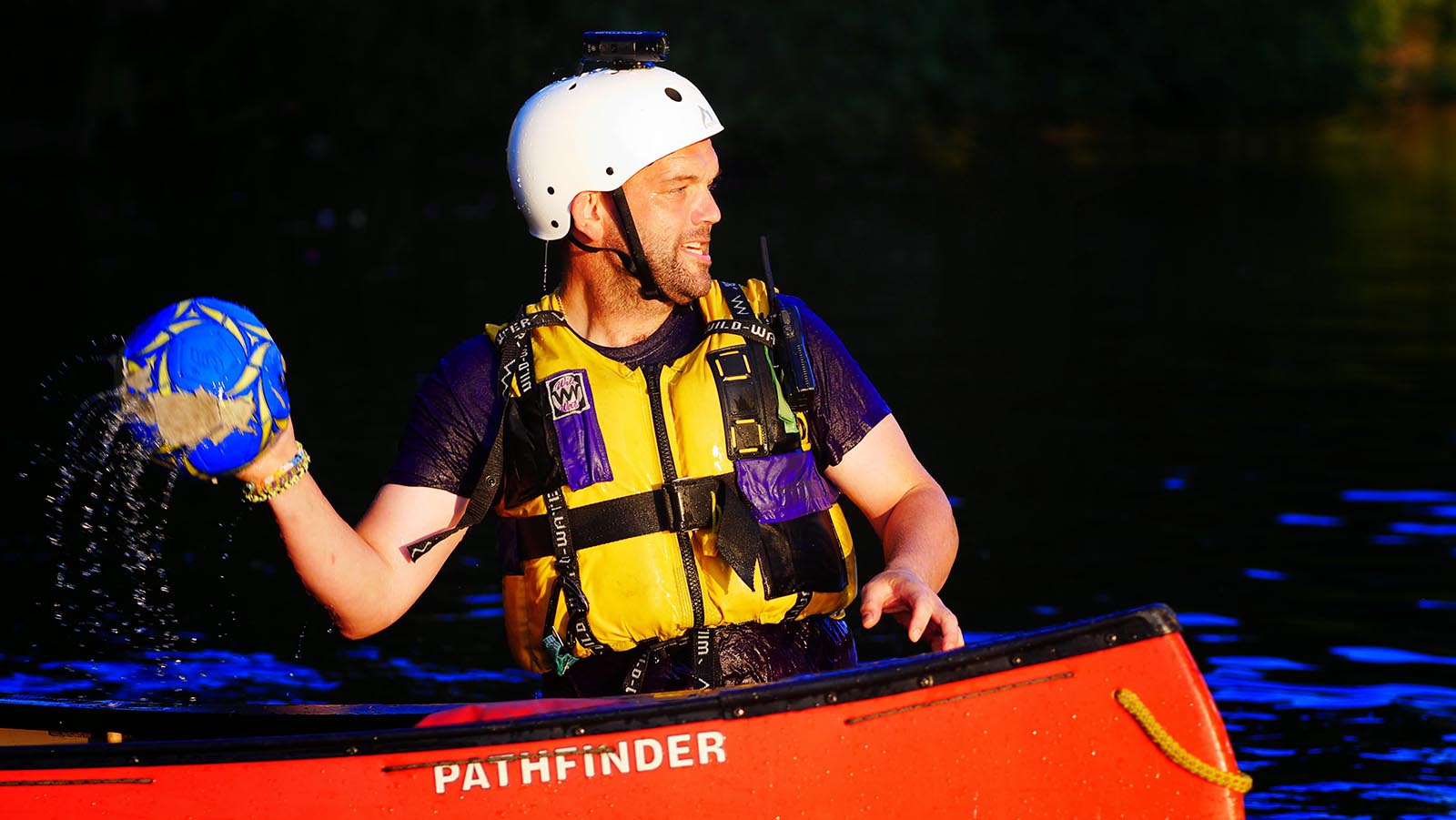Event Safety at Recognised Pennine CRC Activities is guided by appointed Safety Advisors and follows the principles outlined below to ensure the Club meets its Duty of Care in relation to ALL concerned (including volunteers).
Members are asked to work together and WITH Club Safety Advisors – to collaborate in making decisions which make sense to other members and which show respect for the diverse voices and viewpoints found within the club.

This page is on how things work. To understand why, please see Keeping Life Simple & The Pennine Way
For Duty of Care and Insurance purposes, Safety Advisors for on-water activity make themselves available to guide individual decision making ahead of any planned Club activity. Wherever practicable, advice given should be in accordance with this set of Standard Operating Procedures.
Note: For the appointment of Safety Advisors, the Club’s responsibilities to offer support and guidance to Safety Advisors and the club’s latest guidance on Control Measures for Routine Activity, please see the Club’s Safety Framework page.
Safety Advisors MUST ensure everyone effected is aware of, and understands the signficance of, any and all complications and compromises which mean deviating significantly from these Operating Procedures.

The role & remit Club Safety Advisors
Safety Advisors are only deployed at venues with which they are familiar or for which they have appropriate experience and expertise and when they are fully aware of the Club’s routines and expectations. Advisors may also be limited to operating in more favourable conditions, such as in summer months when the river is at normal summer levels – or with marathon paddlers who have reached a certain division.
Safety Advisors shall indicate the scope advise on water activity on the following lines:
- As Full Guided – with all involvement managed by an appropriately competent individual / team
- As Closely Supervised – with experienced individuals offering formal support and direction
- As Remotely Supervised – with plans in place for monitoring groups expected to be largely autonomous
- As Unsupervised – suitable for those who are fully autonomous and taking responsibility for themselves
Significant deviations from these operating procedures should always include a justification for the decisions made. Justification may reference training, experience, familiarity with the tasks involved and any other factor which is deemed relevant to mitigating risks and should be notified to the whole Club Management Committee.

All Home Water trips, events and sessions are sanctioned as Club Activity so long as approved Safety Advisors are able to guide decision making and so long as agreed guidelines can be followed.s
Safety Advisors manage general expectations through consistent messages across all platforms
- Key messages:
- Canoeing and rowing are assumed-risk activities
- Participants should be aware of and accept what is involved and at all times
- Participants should take full responsibility for their own actions and involvement
- Messages to support independent decision making:
- Guidance about how risks may be assessed and managed
- Clarity about support which may be expected
Safety Advisors manage expectations in advance of anyone committing to involvement
- The Club’s Safety Advisors shall highlight, as appropriate:
- The nature of any invitation to get involved – difficulty, level of commitment, etc.
- The level of support, guidance or supervision being offered
- The experience and expertise which might be needed for any individual to get involved
- Safety Advisors support decision making in a manner which is inclusive but proportionate:
- Covering the full span of control: rendezvous arrangements through to final check-in
- Inviting discussion of any special needs
- Transparent in relation to any booking procedure, costs, cancellation policy, etc.
Safety Advisors reinforce specific expectations and gather additional feedback at briefings
- The Club’s Safety Advisors shall highlight, as
appropriate:
- The nature of any invitation to get involved – difficulty, level of commitment, etc.
- The level of support, guidance or supervision being offered
- The experience and expertise which might be needed for any individual to get involved
- Safety Advisors support decision making in a
manner which is inclusive but proportionate:
- Covering the full span of control: rendezvous arrangements through to final check-in
- Inviting discussion of any special needs
- Transparent in relation to any booking procedure, costs, cancellation policy, etc.
Safety Advisors ensure on-water leadership, guiding & support is framed by an appropriate float plan indicates an appropriate balance of expertise and experience
- Using discretion and drawing on expertise and experience
but generally, where practicable:
- Communicating effectively, managing line-of-sight arrangements (especially around major hazards), intervening pro-actively to ensure major incidents are avoided, being in a position of maximum usefulness where incidents might be expected
- Conducting on going, dynamic risk assessments, pro-actively inspecting recognised hazards, and monitoring participant health and welfare
- Carrying the means to call for help, and having made provision for managing likely incidents, including through first aid (suitably trained person, appropriate first aid kit) and through use of safety and rescue approaches which might reasonably be expected to be effective in all likely scenarios
Key guidance: Safety Advisors must ensure participants are aware of (and where possible understand the implications of, and agree to) significant breaks with accepted good practice


